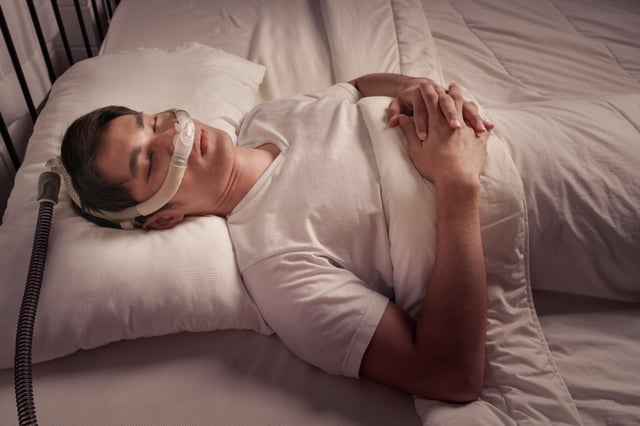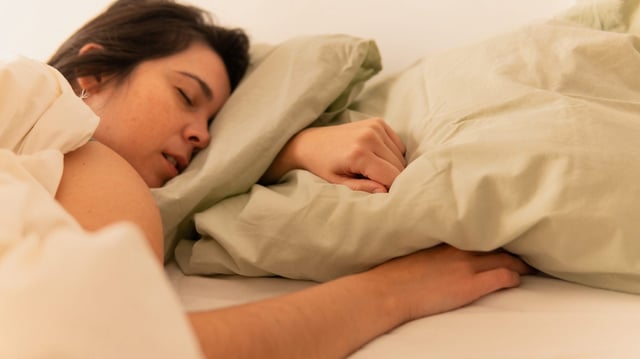Overview
- A multinational analysis of sleep data from over 116,000 people across 29 countries found each night of higher temperatures raises the likelihood of obstructive sleep apnea by 45%.
- Modeling under current warming trajectories projects that, without stronger climate policies, global OSA cases could double by the end of the century.
- Health economics estimates attribute about $98 billion in annual losses to climate-driven OSA increases, including $68 billion from wellbeing declines and $30 billion from reduced workplace productivity.
- Temperature-related spikes in sleep apnea are most pronounced in European populations compared with Australia and the United States, reflecting unequal access to cooling devices.
- Experts call for expanded OSA diagnosis and treatment alongside interventions to cool sleeping environments and reduce heat stress.



